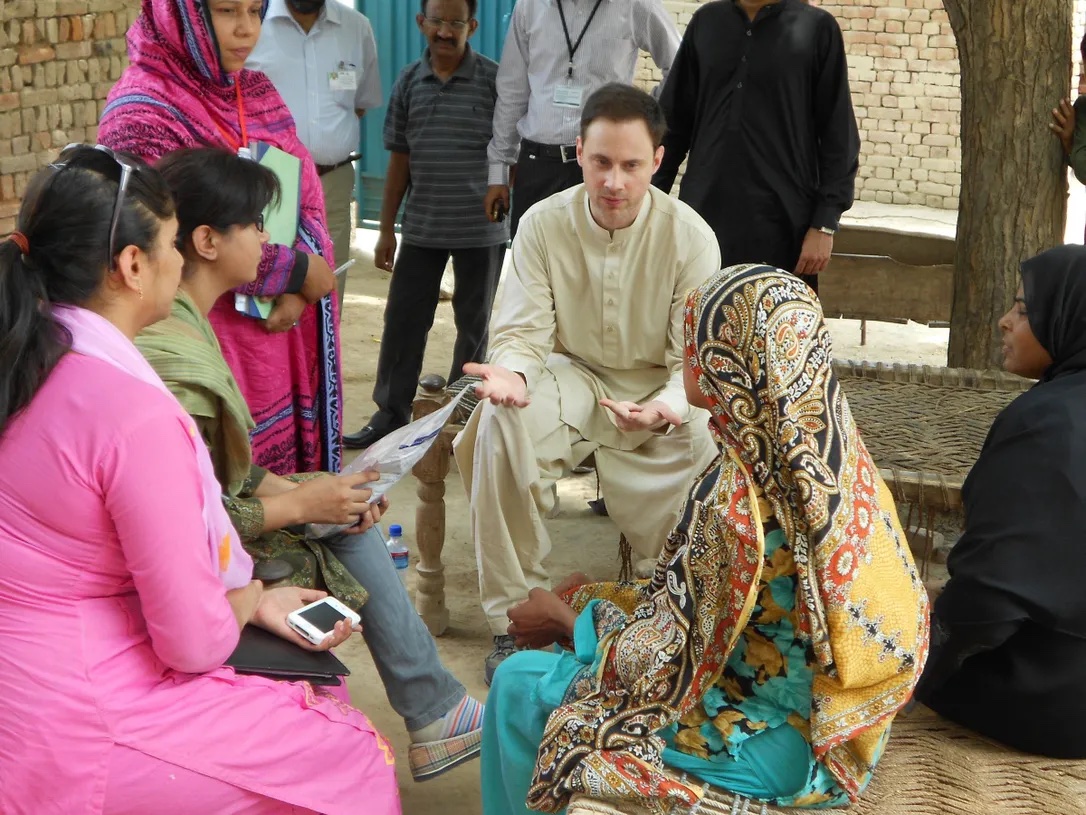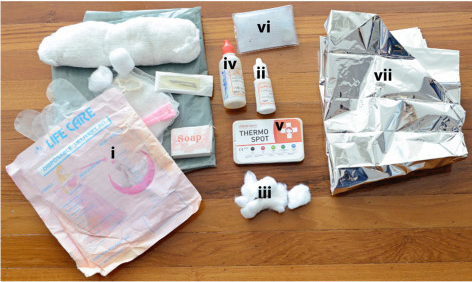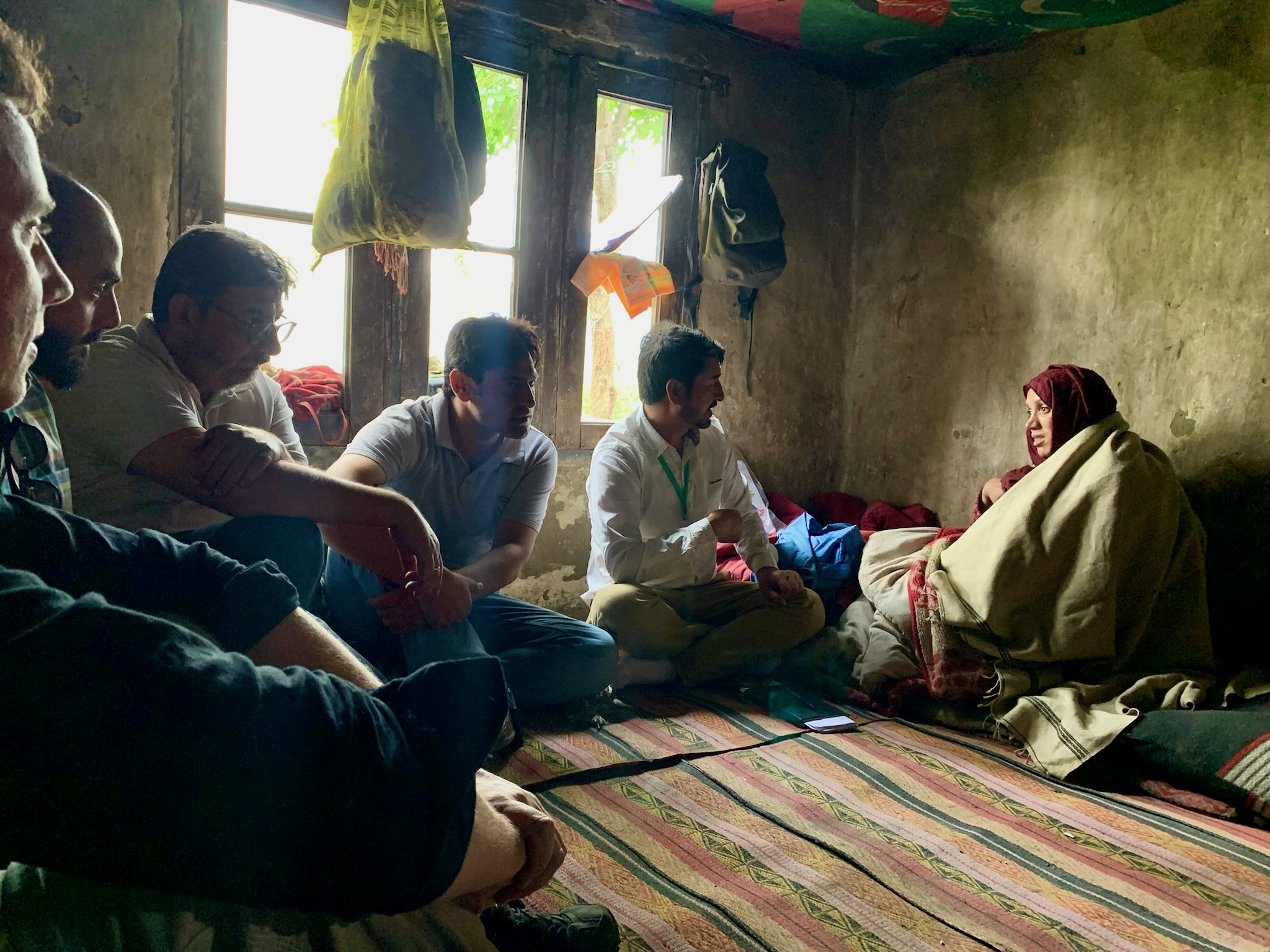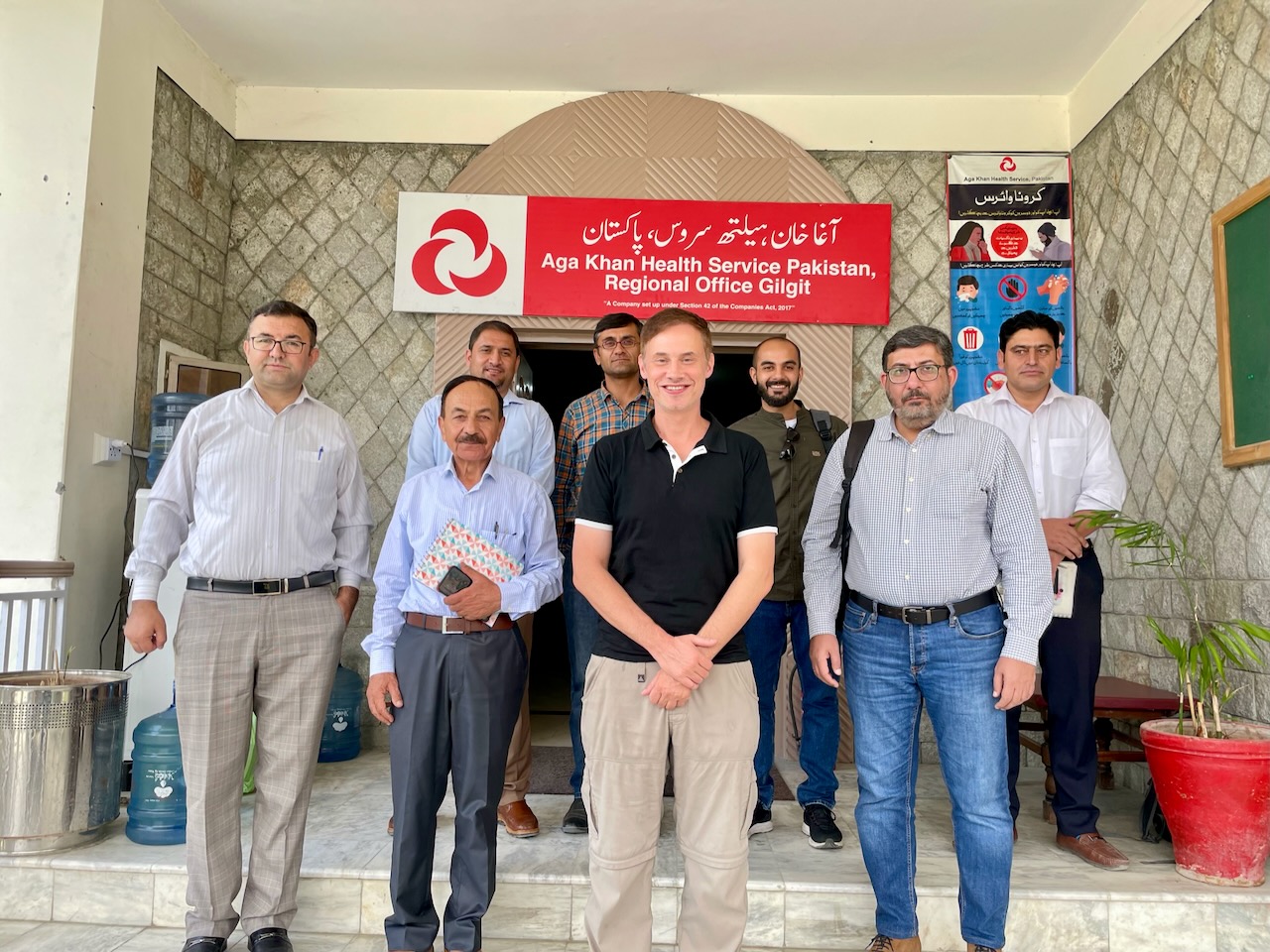An integrated newborn care kit (iNCK) to save newborn lives and improve health outcomes in Gilgit-Baltistan (GB), Pakistan
Why we did this study
Pakistan has one of the five highest national Neonatal Mortality Rates (NMR) in the world, with an estimated 40 neonatal deaths per 1000 live births. Reducing newborn deaths requires sustainable, evidence-based and cost-effective interventions that can be integrated within community health care infrastructure across regions with high NMR. Our study aims to estimate the effect of Lady Health Workers (LHW) providing an integrated newborn care kit (iNCK) with educational instructions to pregnant women in their third trimester, compared with the local standard of care in the seven districts of Gilgit Baltistan (GB): Astore, Diamer, Ghanche, Kharmang, Nagar, Shigar and Skardu, on neonatal mortality and other newborn and maternal health outcomes.
How we did the study
Our study is a pragmatic, community-based, parallel-arm, open-label, cluster-randomized controlled trial. The iNCK contains a clean birth kit, chlorhexidine topical gel, sunflower oil emollient, ThermoSpot™ temperature monitoring sticker, fleece blanket, click-to-heat warmer, three misoprostol tablets and a pictorial instruction guide. LHWs are also provided with a handheld scale to weigh the newborn. The primary study outcome is neonatal mortality, defined as a newborn death in the first 28 days of life.
Current enrollment
A sample size of 39 clusters per arm, with an average of 306 total births per cluster and an estimated 27,448 pregnant women enrollment, achieves 80% power to detect a minimum clinically important relative reduction of 25% in all-cause neonatal mortality.
As of April 17, the study has identified 11,043 pregnancies across the catchment area’s seven districts in Gilgit-Baltistan (GB), consented and enrolled 8,607 participants, and distributed 5,026 iNCKs across all seven districts in GB. Additionally, a total of 5,164 live births has been reported.
Implementing partners
To conduct the iNCK study in GB, we have established partnerships with Aga Khan Health Services, Pakistan (AKHS, P), Aga Khan Foundation Pakistan (AKFP), and Aga Khan University (AKU), Karachi.






